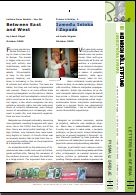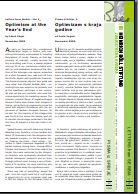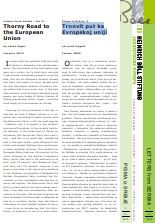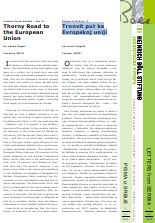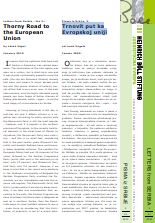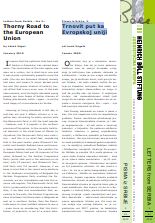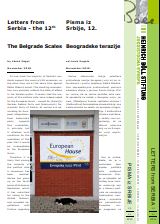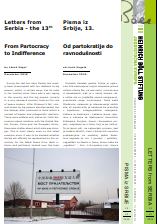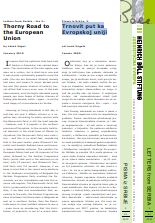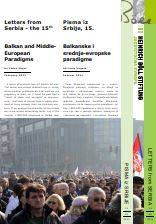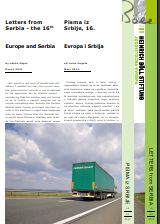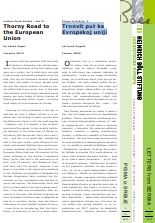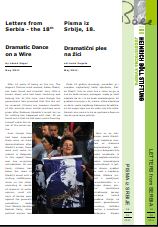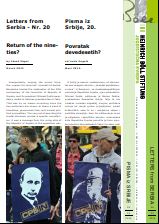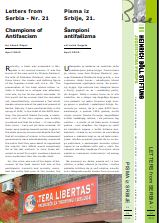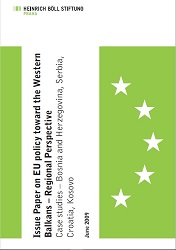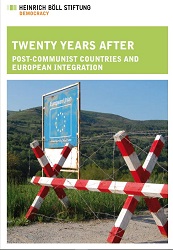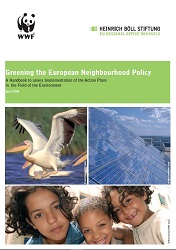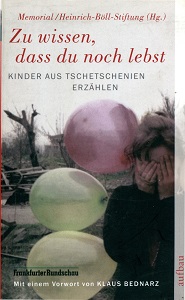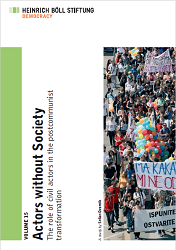
Actors without Society. The role of civil actors in the postcommunist transformation
Actors without Society. The role of civil actors in the postcommunist transformation
Keywords: post-communism; transformation; civil society
This study is primarily based on experiences during activist commitments and in my working with international foundations. The encouragement to undertake the study came from Dr. Azra Džajic´-Weber, the director of the Regional Office of the Heinrich Böll Foundation in Sarajevo from 1998 to 2007. The work was originally conceived as a collection and interpretation of the experiences of a broad variety of civic actors in Bosnia-Herzegovina, Croatia, and Serbia. In the early stage, however, it became obvious that it was necessary first to examine, and even “deconstruct,” the fundamental concepts that have framed the original approach. Rather than assuming that building democracy and rule of law was already underway – as well as the development of civil society – it turned out that many problems lay in those very assumptions. The most important is the problem of overlooking the fact that in the postcommunist transformation, society itself had yet to be established. // Therefore, the work in its final outcome is mostly dedicated to the very meaning of the basic determinants of the postcommunist transformation, in order to fathom the civic actors’ place within the newly defined framework. They are not referred to as a “civil society” but as civil actors, because it is they who, together with other factors, develop a society as a complex of autonomous relations and transactions, as well as a field for civic commitment.
More...
